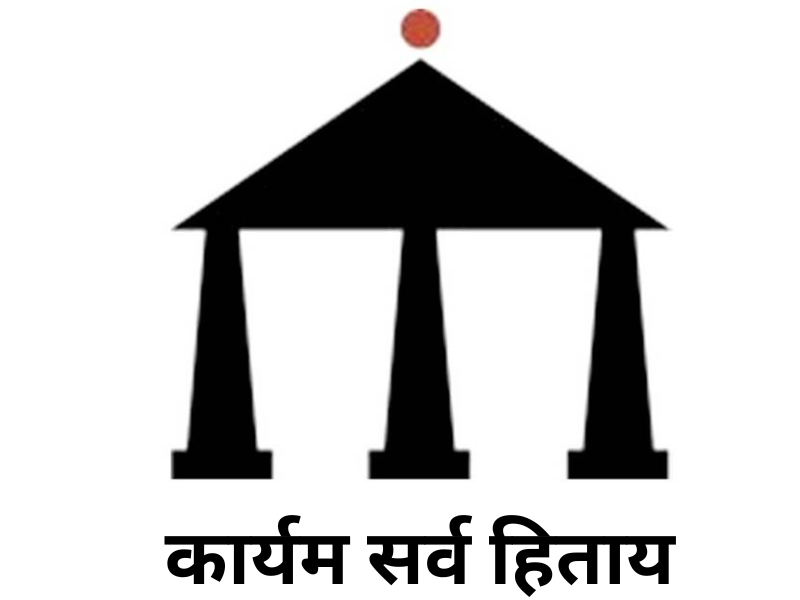Because of the spate of controversies which have surrounded the judiciary in the past twelve months, the Research Foundation for Governance has taken up the mandate to examine the crux of these controversies, that is, judicial appointments to the higher judiciary. As part of this extensive exercise, the researchers have adopted both a doctrinal as well as non-doctrinal approach. While conducting a theoretical analysis of this problem which has significant and multifarious consequences, the researchers have conducted a thorough study of the relevant Constitutional Provisions which deal with appointment of judges to the Supreme Court and various High Courts. The researchers have briefly discussed provisions dealing with Additional Judges and Transfer of Judges, which suffer from the same controversies. These provisions of the Constitution have been subject to severe judicial scrutiny and interpretation over the preceding decades, which has also been the cause of severe criticism. In this research paper, these judicial inconsistencies have been dissected and have been supported with empirical analysis. The researchers, via questionnaires, have interviewed several members of the existing Judiciary, retired Judges of the Supreme Court and High Courts and practicing advocates. With this backdrop, we consider it prudent to discuss the structure of this independent research paper. In the first part, the researchers propose to examine the independence of the judiciary, doctrinal bedrock for our bastions of democracy. As a part of this examination, this principle shall be studied in conjunction with the principles of democracy and separation of powers, all of which have been recognized as parts of the basic features of our Constitution.


